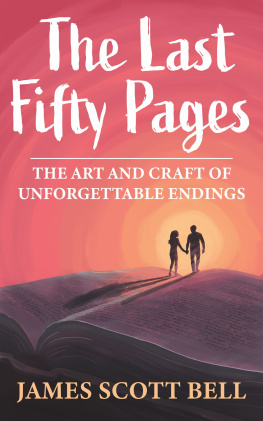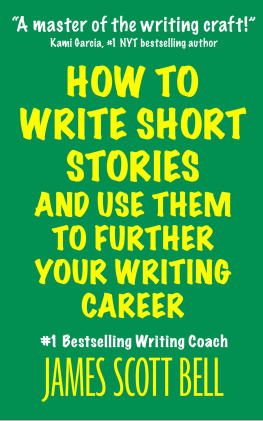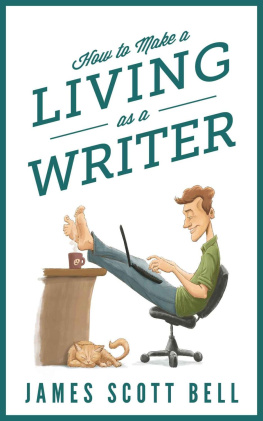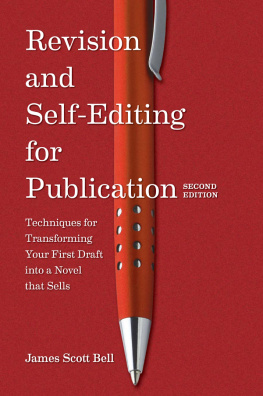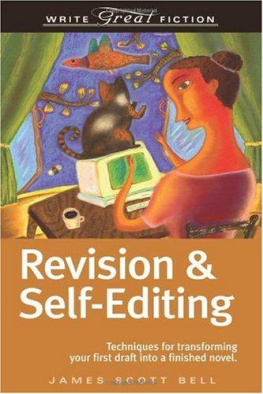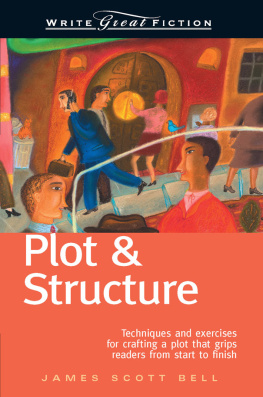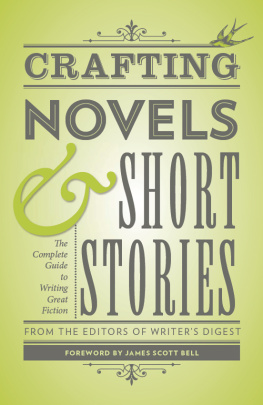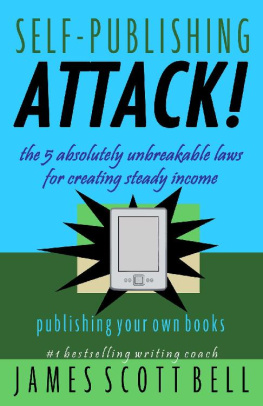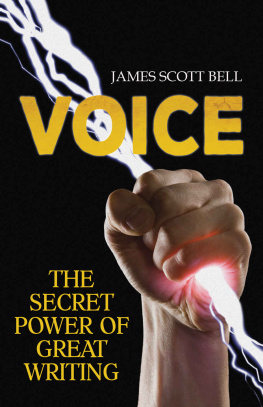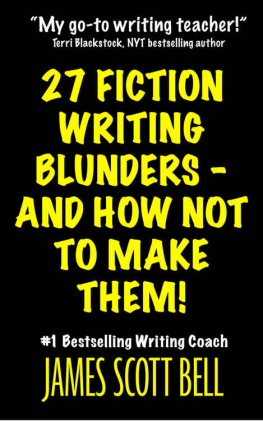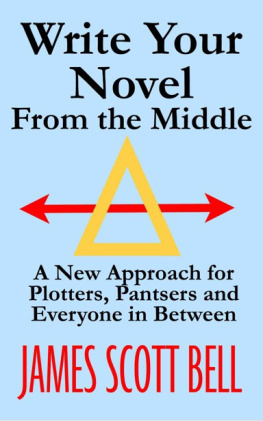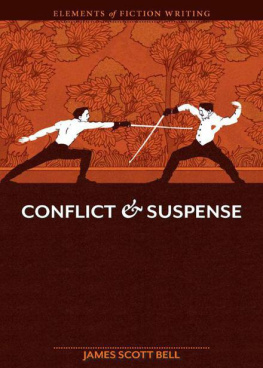James Scott Bell - The Last Fifty Pages: The Art and Craft of Unforgettable Endings
Here you can read online James Scott Bell - The Last Fifty Pages: The Art and Craft of Unforgettable Endings full text of the book (entire story) in english for free. Download pdf and epub, get meaning, cover and reviews about this ebook. year: 2019, publisher: Compendium Press, genre: Art. Description of the work, (preface) as well as reviews are available. Best literature library LitArk.com created for fans of good reading and offers a wide selection of genres:
Romance novel
Science fiction
Adventure
Detective
Science
History
Home and family
Prose
Art
Politics
Computer
Non-fiction
Religion
Business
Children
Humor
Choose a favorite category and find really read worthwhile books. Enjoy immersion in the world of imagination, feel the emotions of the characters or learn something new for yourself, make an fascinating discovery.
- Book:The Last Fifty Pages: The Art and Craft of Unforgettable Endings
- Author:
- Publisher:Compendium Press
- Genre:
- Year:2019
- Rating:3 / 5
- Favourites:Add to favourites
- Your mark:
- 60
- 1
- 2
- 3
- 4
- 5
The Last Fifty Pages: The Art and Craft of Unforgettable Endings: summary, description and annotation
We offer to read an annotation, description, summary or preface (depends on what the author of the book "The Last Fifty Pages: The Art and Craft of Unforgettable Endings" wrote himself). If you haven't found the necessary information about the book — write in the comments, we will try to find it.
The Last Fifty Pages: The Art and Craft of Unforgettable Endings — read online for free the complete book (whole text) full work
Below is the text of the book, divided by pages. System saving the place of the last page read, allows you to conveniently read the book "The Last Fifty Pages: The Art and Craft of Unforgettable Endings" online for free, without having to search again every time where you left off. Put a bookmark, and you can go to the page where you finished reading at any time.
Font size:
Interval:
Bookmark:
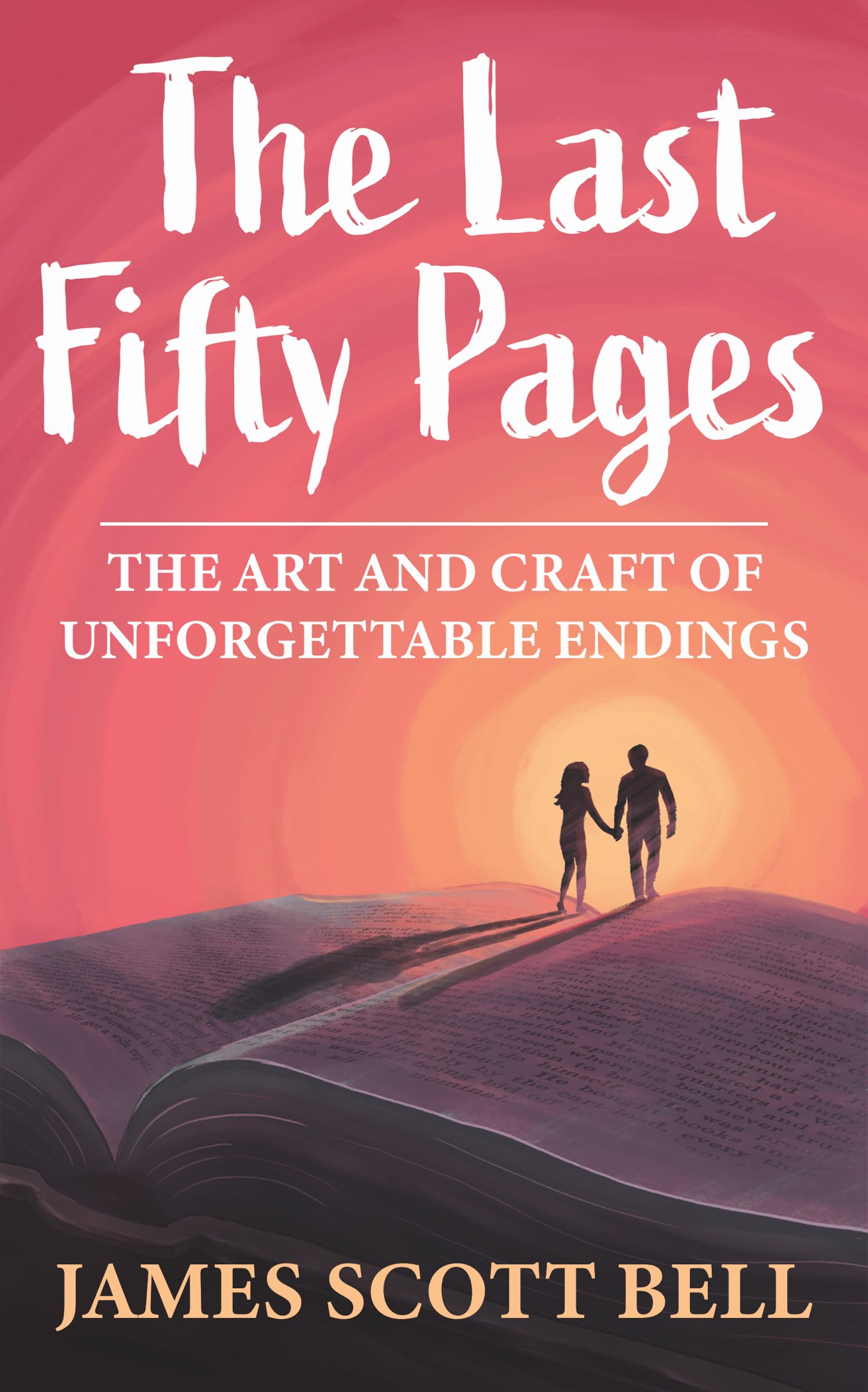
"I needed advice before I tried to write a novel. The usual axiom write what you know wasn't helpful. So I turned to James Scott Bell. He taught me how to structure a great entrance the equivalent of gliding down a spiral staircase in a wedding gown and how to keep the next 400 pages from becoming as hopelessly tangled as the crumpled papers and wads of gum in my old desk. My novel sold."
Sarah Pekkanen, author of The Opposite of Me
"James Scott Bell is a master of writing craft with the rare ability to teach others, through his books and workshops. Rather than framing writing ability as gift bestowed upon a chosen few, Jim makes it accessible to anyone who is willing to dig deep and put in the time to learn the craft. I have learned more from Jims books than any writing course, and this book is no exception. As a former teacher turned novelist, I know how to spot a talented teacher when I see one. James Scott Bell doesn't just make the cut, he sets the standard."
Kami Garcia, #1 New York Times bestselling author
"Time well spent. I expect Jim's teaching to inform my writing for years."
Jerry B. Jenkins, #1 New York Times bestselling author
James Scott Bell is my go-to writing guru!
Terri Blackstock, New York Times bestselling author
"I am inspired by Bell's enthusiastic approach, and impressed with his numerous, helpful insights into the craft of storytelling."
Bill Marsilii, screenwriter
Copyright 2019 by James Scott Bell
All rights reserved.
No part of this book may be reproduced in any form or by any electronic or mechanical means, including information storage and retrieval systems, without written permission from the author, except for the use of brief quotations in a book review.
Print version:
ISBN 10: 0-910355-43-6
ISBN 13: 978-0-910355-43-8
Cover design by Josh Kenfield.
Published by
Compendium Press
Woodland Hills, CA
The first page sells that book. The last page sells your next book.
Mickey Spillane
Theres an old golf saying: Its not how you drive, its how you arrive. In other words, no matter how long you hit the ball off the tee, it will make no difference to your overall score unless you can sink some dang putts! Three, four, five tries to get it into the cup? That way lies madness, broken clubs, and too many martinis in the clubhouse.
In the same way, you can write a killer opening scene with dynamic characters and lots of action. You might even sustain that through most of the book.
But if dont sink the puttif your ending is a letdownit tarnishes all the good stuff that came before.
And supremely frustrates your readers.
As Exhibit A, I give you the television series Lost.
I recall watching most of the first season. It became clear to me how the writers were compelling viewers to tune in each week. They would come up with an inexplicable cliffhanger at the end of an episode, something so surprising it would knock your figurative socks off.
The country was littered with figurative socks as Lost became a smash hit.
But I was thinking this: Do the writers know how this is going to end? Are they going to be able to wrap up all these earth-shattering mysteries?
After six seasons, the day of reckoning came.
I tracked Twitter on the night of the last episode. The response was mostly negative, running the gamut from confusion to outrage.
Then the blogs began. Some purported to explain what was inexplicable. Others gave vent to the frustration of having watched for six seasons, only to be disappointed at the end. A lot of heat was expended in comments and across platforms, with no settled answers.
Now, I do not entirely blame the writers for what happened. They were writing from episode to episode and putting in fantastic twists, as ordered by the producers. This delighted viewers, network execs, and advertisers alike.
But (he says with italicized emphasis) coming up with twisty cliffhangers is the easy part! Its not difficult at all to come up with a shocking twist at the end of an episode (or scene in your book) if you dont worry about having to justify it.
Which the Lost writers found out the hard way.
(Side note: Some time after the series ended, leaked documents and private conversations with the writers revealed this is exactly how Lost went down. One of the writers was asked by his friend Nick Santora, a writer on the television series Prison Break, How are you going to pay all this stuff off? And the writer reportedly answered, Were not. We literally just think of the weirdest most f****** up thing and write it and were never going to pay it off. Santora replied in rather colorful language that such a stratagem was, well, lets just say, not good.)
Most loyal viewers of Lost that Ive personally talked to said they loved watching the series but had to admit disappointment at the end.
So here is my wish for you: I want your readers to be so blown away by your endings that they immediately go shopping for more of your books.
A high bar?
Indeed. And it should be. Because people who spend money to buy stories are taking a risk. They want to be swept away in a fictive dream and dropped back into reality only after an ending that leaves them, in some fashion, emotionally satisfied and supremely happy that they gave your novel the time it took to read it.
Theres an old acting quote thats been variously attributed, usually to the English actor Edmund Kean (1787 - 1833). He was on his deathbed when a friend remarked how hard this must be. Kean supposedly answered, Dying is easy. Comedy is hard.
Well, beginnings are easy. Endings are hard.
But when they workmagic.
If theres one word that sums up the feeling readers crave in an ending, its satisfaction. The word is broad enough to include any type of ending, so long as it is one that leaves the reader in a positive emotional state about the reading experience as a whole. Note: this positivity does not only refer to the feeling one gets after a happy ending. It also means that the ending feels right for that story.
A novel with a downbeat endinge.g., where the Lead dies, as in a tragedycan feel right even though you wanted the guy to make it. Like in Hamlet.
On the other hand, a happy ending does not always satisfy. Theres got to be a sense that the happiness was earned by the characters, not dropped in their laps out of the blue (the deus ex machina trap, which well discuss in a later chapter).
Why do readers want a satisfying ending?
First, because they often dont get satisfaction in life. They get fired, rear-ended on the highway, have a lousy steak at an expensive restaurant. Then there are the greater tragedies, like the loss of a loved one. The list goes on. Life is relentless.
So when they read a book and get lost in a story, they are hoping that the ending will, in some way, make them glad they held on right through to the finish.
Books, theater, movies, music, dance. When these have a feeling of completeness, they impart a degree of comfort.
The other reason readers want a satisfying ending is less psychological and more practicalthey paid money! If the ending isnt up to snuff (as my grandfather used to say), then the reader feels a bit cheated. Or, in the case of a $35 hardcover, a lot cheated.
Next pageFont size:
Interval:
Bookmark:
Similar books «The Last Fifty Pages: The Art and Craft of Unforgettable Endings»
Look at similar books to The Last Fifty Pages: The Art and Craft of Unforgettable Endings. We have selected literature similar in name and meaning in the hope of providing readers with more options to find new, interesting, not yet read works.
Discussion, reviews of the book The Last Fifty Pages: The Art and Craft of Unforgettable Endings and just readers' own opinions. Leave your comments, write what you think about the work, its meaning or the main characters. Specify what exactly you liked and what you didn't like, and why you think so.

